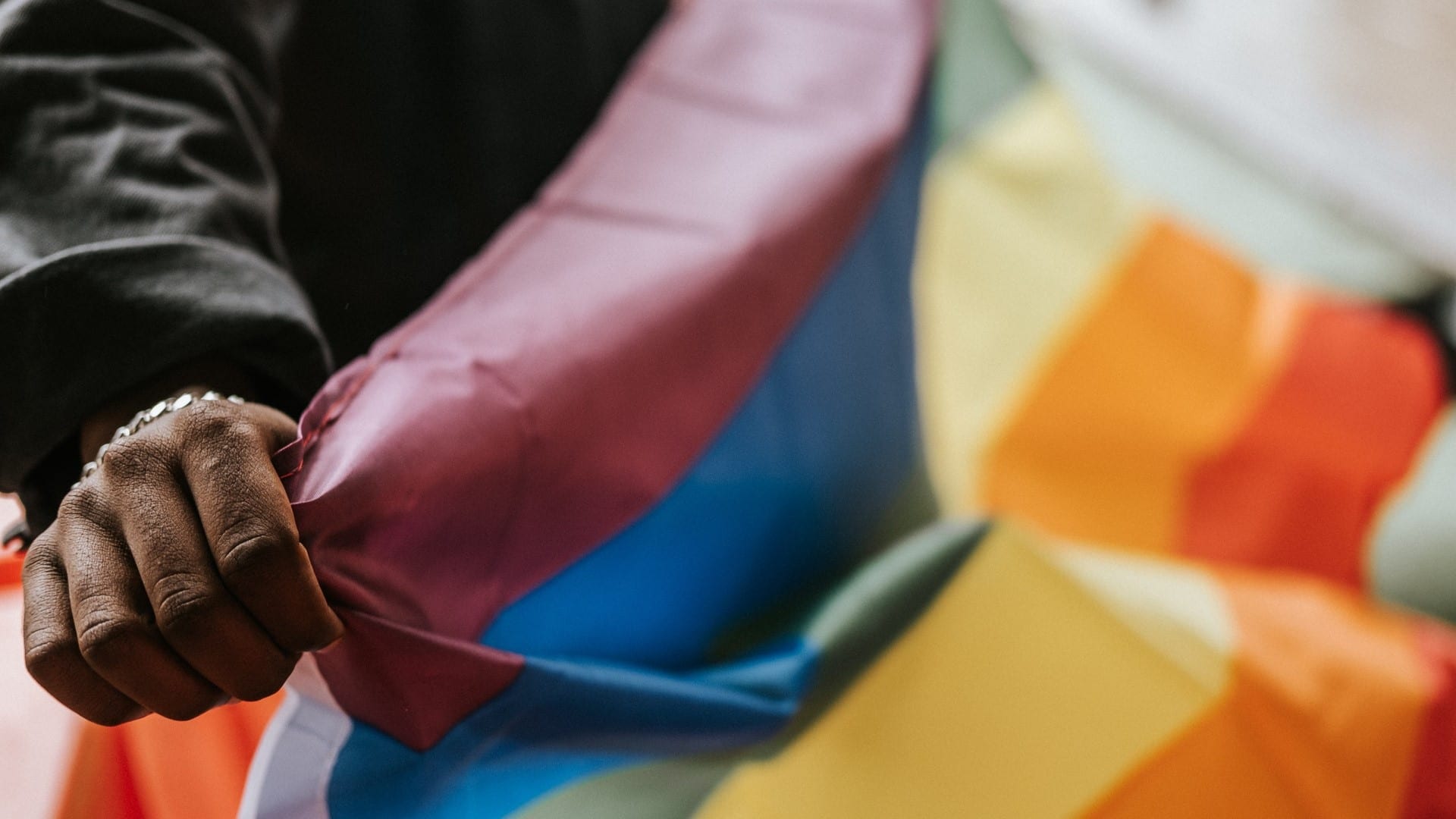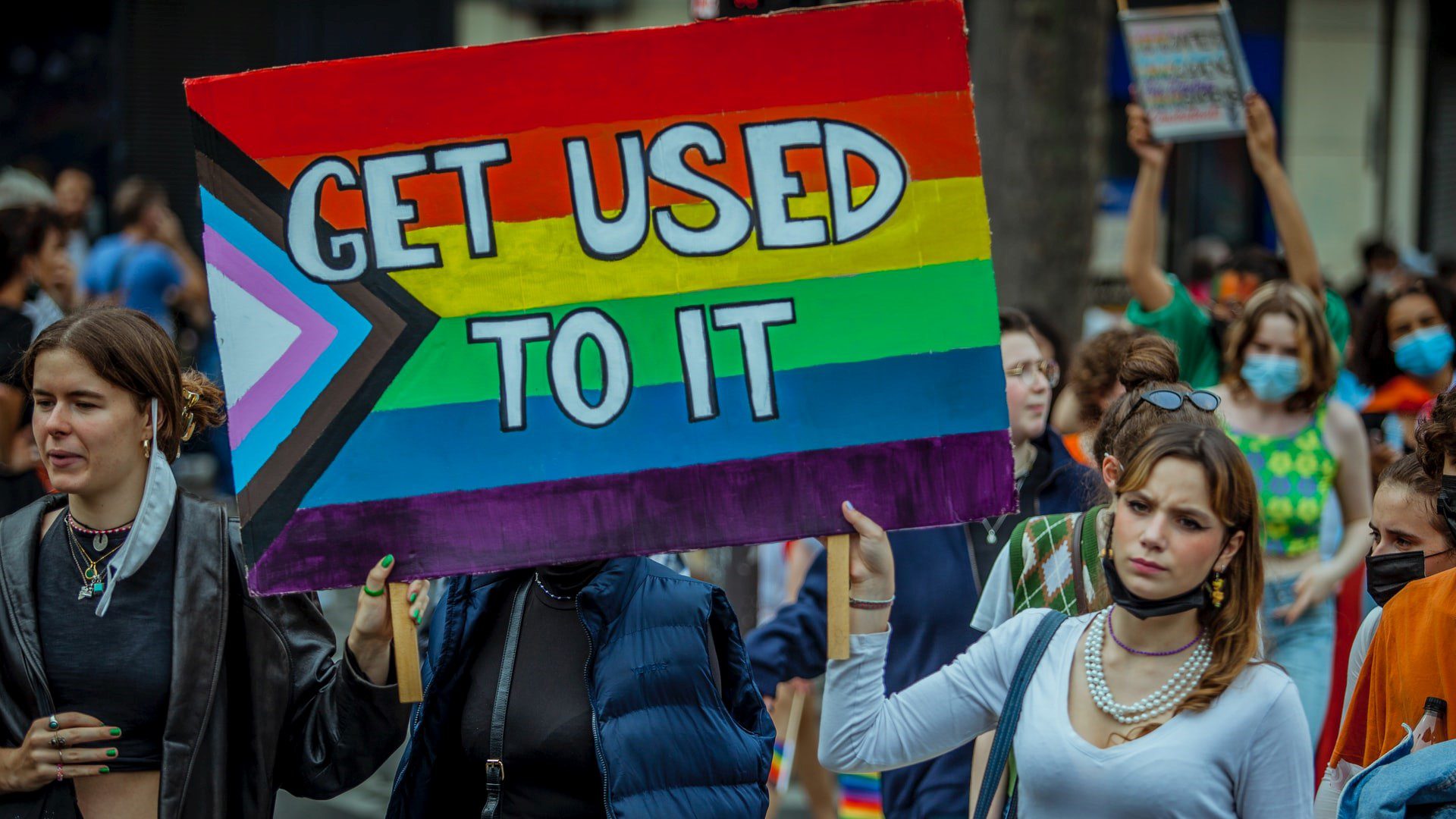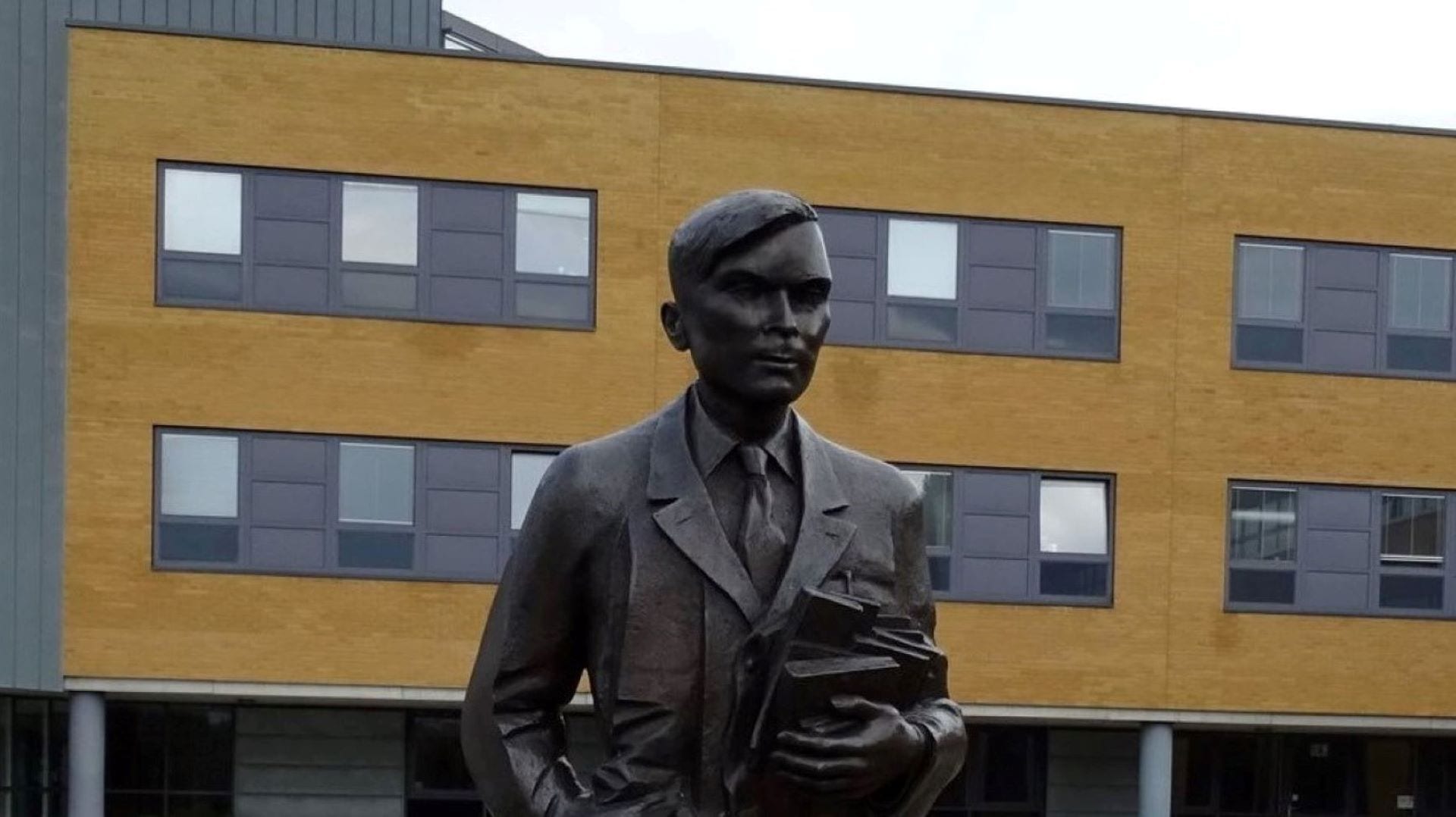By Conor Fogarty
There are many nations in the world in which the concept of personal freedom is entirely absent. Aside from the numerous human rights abuses we are all too familiar with, corrupt governments stifle student movements that engage in discussion and activism. One such activist whose determination is unhindered by these obstacles is Mugabi John Socrates, from Uganda.
A graduate of Kyambogo University in Kampala, in 2016 the then 26-year-old considered himself a full time activist, taking a great personal risk. His network expanded to other universities in Uganda, with Kyambogo holding a recent conference on how taxation and licensing laws kill entrepreneurship.
Uganda remains a corrupt, undemocratic country
Uganda’s post-colonial history is rocky, and in the wake of the military dictatorship of Idi Amin, the nation has struggled to establish a sense of political freedom. Since coming to power in 1986, President Yoweri Musenevi has consistently been elected as Uganda’s head of state in what are officially called republican elections.
According to Mugabi, however, Musenevi’s regime has secured its rule through mass suppression of opposing views. One such example occurred during the 2016 presidential election, which saw Musenevi challenged by the popular, democratic reformer, Kizza Besigye.
According to the 1995 Constitution, Uganda is a republic, yet, there has been little change in the government since the late 1980s. Besigye, a physician and former military officer, has attempted to unseat Musenevi in three previous elections, but has failed each time despite gaining popular support. In the wake of his latest loss, on May 13, 2016, Besigye was arrested and flown to a remote prison on charges of treason.
Uganda is one of the most dangerous places to be gay
Uganda has also distanced itself from the international community with the government’s attempts to pass anti-LGBTQ legislation. In 2014, the government attempted to pass the Prohibition of Promotion of Unnatural Sexual Practices Bill, which made it illegal for homosexuals to pursue intimate relations on pain of death, later changed to a life sentence.
A combination of international outrage and President Obama cutting off financial aid to Uganda pushed the Ugandan Constitutional Court to strike down the legislation. However, repression of LGBTQ individuals, in addition to student activists, continues under Musenevi’s government.
Mugabi is concerned about the grim reality of Uganda’s severe lack of personal freedom, especially when many of his friends have been arrested and tortured by police. Yet, he believes that the corruption within the government and how easily personal greed can be exploited even among student leaders at universities, is central to the problem.
A country can’t flourish until development is more profitable than looting
In 2014, Mugabi was offered a chance to participate in a study abroad program in the Netherlands, and this opportunity was also extended to the guild president at his university. Mugabi noticed that, upon receiving 25 million Uganda shillings (roughly USD $7,000), the guild president had not yet departed for Europe. He later realized that this man had forged his travel and Visa documents in order to essentially steal the money. The university expelled the guild president and launched a court case against him.
Mugabi told me that, for many students, simply resorting to corruption and looting is far more profitable than attempting to legitimately improve one’s lifestyle. He also said, “we suffer here mainly because many people, the young most so, are not empowered at all,” and that this state of affairs “is the design of the regime.”
Nonetheless, he believes that with the efforts of young people, specifically those involved with Students For Liberty, reform is possible for Uganda…so long as student activists remember their strength and ability to change their society.
At one point, the Obama administration was interested in sending U.S. troops into Uganda. However, we must remember the consequences of initiating regime change at the risk of imposing our vision of a free society, instead of leaving Ugandans to discover what a free society is for themselves.
Full time activists like John Mugabi should serve as an example for all student leaders around the world to never lose hope and determination, no matter how great the obstacles may seem, because at that point, those who oppose personal freedom will have been victorious.
To read more about LGBTQ rights, be sure to check out our cluster page by clicking on the button below.
Updated by Joseph Simnett
This piece solely expresses the opinion of the author and not necessarily the organization as a whole. Students For Liberty is committed to facilitating a broad dialogue for liberty, representing a variety of opinions. If you’re a student interested in presenting your perspective on this blog, send your piece to [email protected], and mention SFL Blog in the email subject line for your chance to be published and be seen!









